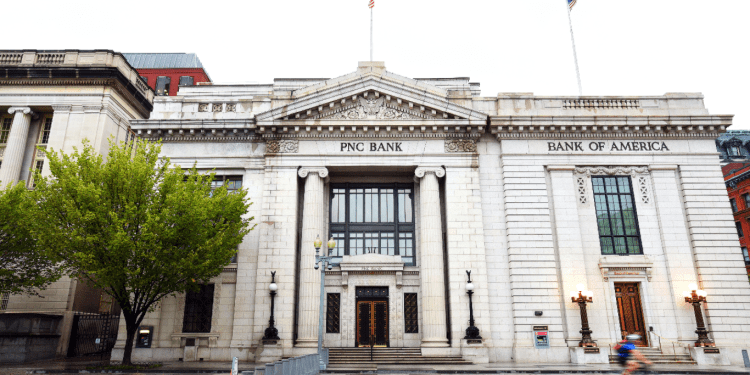Under certain circumstances, the U.S. Department of Treasury (UST) has ruled that “interacting” with the open-source code of Tornado Cash, a cryptocurrency mixer, do not violate OFAC sanctions.
The government agency asserts that American residents will not face fines for duplicating the mixer’s code and making it publicly available online or through other means of publication.
In instructions provided to its frequently asked questions pages on Tuesday, the Treasury Department addressed multiple concerns previously voiced by numerous US-based crypto users regarding the controversial mixer Tornado Cash.
Tornado Cash’s Violations According to the U.S. Treasury
The Treasury Department clarified that “U.S. sanctions restrictions would not ban U.S. citizens from browsing the Internet archives for the Tornado Cash historical website,” or the site itself “if it again becomes live on the Internet,” according to the official FAQs page.
Individuals who made payments using the mixer before the events of August 8 and wished to complete them or remove funds were required to get a license from the Office of Foreign Assets Control. The Treasury generally authorized users to interact with the mixer’s code so long as they didn’t conduct any prohibited transactions.
Users and Platforms Do Not Just Want to Stand Still
Multiple platforms removing or restricting Tornado Cash-related activities attest to the misunderstanding surrounding U.S. sanctions. Businesses that used Tornado Cash also had to comply with the U.S. agency.
People have also tried to fight back against the Treasury Department’s actions through the U.S. legal system. On September 8, Coinbase announced it would lend support to a lawsuit brought by Tornado Cash users against the Treasury Department over the agency’s allegedly unfair sanctioning of Tornado Cash’s smart contract addresses.
One of the mixer’s creators, Roman Semenov, said on August 8 that he had been banned from the GitHub development platform. In retrospect, Semenov confirmed that when he used the open-source code of Tornado cash, it caused critical problems.
Recalling the Fall of Tornado Cash
Tornado Cash is a decentralized crypto mixer mainly known for its non-custodial smart contract. One of the reasons why plenty of users prefer Tornado Cash is because of its simple process of just downloading the web app and connecting it to a crypto wallet.
Here, the user generates a depository note on the device and claims a cryptographic hash to use in their selected pool contract in Tornado Cash. The user’s money goes to the agreement, which then pools it besides the other users’ funds. With the help of a secret depository note, the user can utilize and spawn a transaction that includes proof to withdraw the deposited money.
OFAC sanctioned Tornado Cash on August 8 for the involvement of a North-Korean hacking group called the Lazarus Group. It was involved in money laundering of $455 million, 30% of the total mixed Ethers worth $7.6 billion since the mixer’s launch in 2019.
Since then, the U.S. Department has declared that cryptocurrency firms must abide by regulatory laws. Brian Armstrong, the Coinbase CEO, called out on OFAC, saying that they have been unfair with their decisions after Alexey Pertsev, a Tornado Cash developer, was arrested for publishing the platform’s open-source software just because bad actors took advantage of it. Even after all the mess, he says he will never censor Coinbase to a protocol level and pander to regulators.
Government Shakedowns of Crypto-Related Businesses
Tornado Cash was just one case caught in the investigation of regulators. 2022 marked a year of cryptocurrency’s consecutive persecution from the SEC, UST, the Central Bank, and the Federal Reserve. The interference of the U.S. government has affected the price of Bitcoin and the altcoin market besides the stock market. The continuous pressure of inflation, the Ukrainian War, the de-pegging of the Terra Dollar, and the E.U. enforcing regulatory actions on cryptocurrencies contributed to the bear market of both stocks and crypto.
Asian countries, including China, Singapore, and India, have also enforced strict laws on crypto trading. China ultimately banned Bitcoin and replaced it with its CBDC, e-CNY – a centralized digital currency that the government can monitor. Singapore banned all crypto firms from advertising their goods. The country also prohibited the implementation of Bitcoin ATMs. Finally, India announced that the digital asset income tax rate would be 30% on all permitted platforms.
Regulators claim they will continue their investigations to ensure crypto businesses follow their protocols for the safety of their users.














